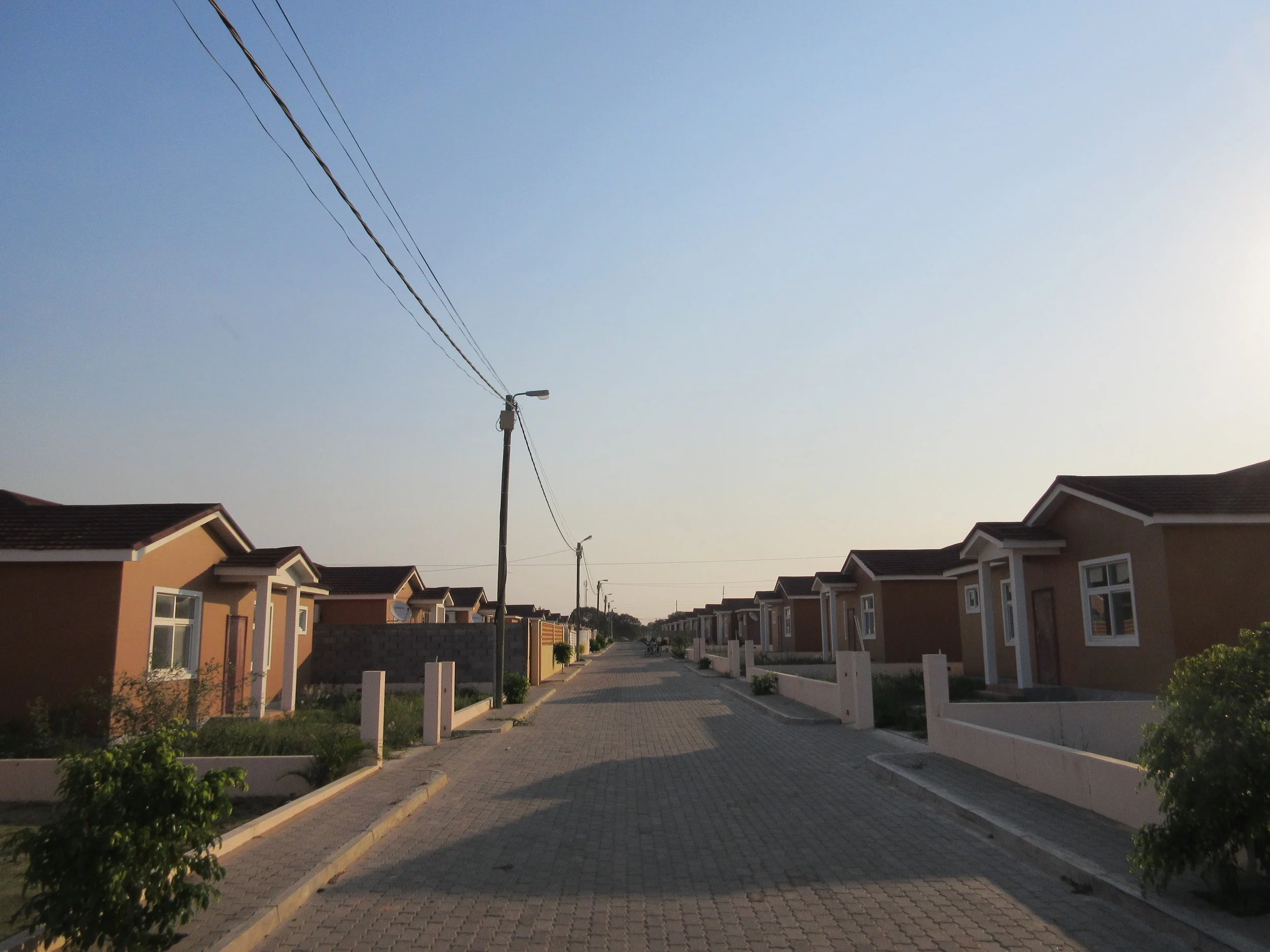“Middle Class Urbanism. An interdisciplinary study of the physical reordering of urban sub-Saharan Africa” is an interdisciplinary research project funded by the Danish Council for Independent Research (FKK) that I headed and which ran from 2017-2021.
The aim with the project was to investigate rapid urbanization processes in sub-Saharan Africa with a special focus on the radical transformations of the built environment caused by middle class urbanism.
Taking Maputo, Mozambique, as an ideal example of this development, the project integrated perspectives from anthropology, architecture, urban studies and history. These perspectives were drawn together under an analytical framework that conceptualizes ’middle class urbanism’ as a cluster of practices -cross-cutting the legal and the illegal, the formal and the informal - that is structured by ideas of privacy and security as key factors for improving the quality of urban life.
It was the project’s hypotheses that ‘middle-class urbanism’ is a key driver for the reordering of the built environment in sub-Saharan Africa and that new forms of citizenship, which have the city rather than the nationstate as primary political community, emerge as an outcome of these processes.
Read more about the project here.

